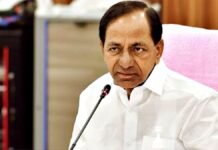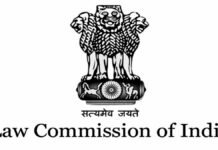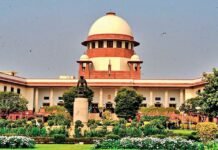
New Delhi: As many as 21 states increased excise duties, additional excise duties, maximum retail price (MRP), bottling fees, and imposed Covid-19 specific fees, cess, and surcharges to avoid revenue shortfall and meet consumer health needs during a pandemic.
Noting that higher taxes led to lower revenue collections, a joint report by ICRIER-PLR Chambers has called for developing transparent principles for regulation and pricing of the alcoholic beverages sector in India.
”Excessive, unpredictable and opaque regulations and tax policies have contributed to the high cost of doing business in India’s alcoholic beverages sector,” said Deepak Mishra, Director & CE, ICRIER.
The report has recommended a shift to an online system of registration, licensing, and permits for enhancing transparency.
“Digitalisation can help in better and transparent monitoring of the entire revenue collection process. Data analytics and technology-based solutions need to be adopted to monitor the supply chain and to establish traceability. This will help to address leakages and lead to higher revenue collections,” said ICRIER Chairperson Pramod Bhasin while releasing the report.
As per the report, India is one of the fastest-growing markets for alcoholic beverages globally with estimated market size of US$ 52.5 billion in 2020. The market is expected to grow at a CAGR of 6.8 percent between 2020 and 2023.

Production of alcoholic beverages increased by about 23.8 percent during the period between 2015-16 and 2018-19 and the sector contributed to around 1.5 million jobs and generated around US$ 48.8 billion in sales revenue in 2019.
Among the key recommendations towards developing transparent and predictable regulatory and pricing principles, the report suggested that state excise departments should lay down clear policies at predictable intervals of two to three years, which can help businesses to expand, to make long-term investments, and encourage new business models to flourish.
Further, the tax slabs need to be revised periodically in line with the inflation and raw material price changes.
“State excise commissioners, finance ministers, and other stakeholders should engage in regular in-depth discussions to start off a process of transparent, predictable, and consultation-based price determination,” it recommended.
It also mooted the idea of phased tariff and other duties reduction besides encouraging Indian alcoholic beverage makers to export.





















































